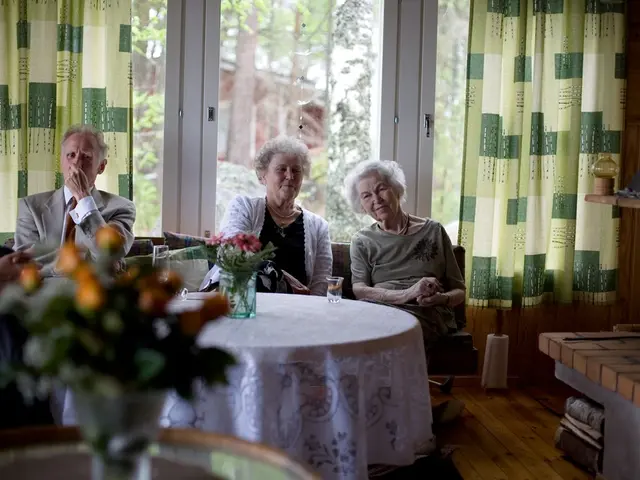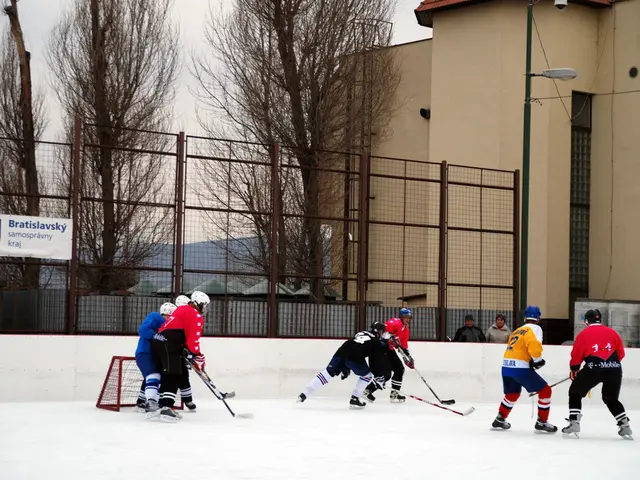Markus Söder on Gender in Schools: "I believe it's divisive, this excessive gendering"
In the heart of Bavaria, Minster President Markus Söder is pushing for a change - no gendered language in authorities or schools. During a ZDF talk show, Markus Lanz challenged Söder on the topic, asking about the potential backlash to a "teacher who genders with an oat milk cappuccino." Söder said that free speech is fine outside the classroom, but it's important to consider whether gendering is being taught and how it affects students.
Söder was backed by a recent survey by Civey, which found that 80% of Germans reject gender asterisks and the like. A similar result was seen in a Forsa survey from last summer, showing many Germans are annoyed by the issue, especially when it comes to using it in administration.
Söder understood the rejection and added that he believes this "exaggerated gendering" is divisive. This perspective is shared by many within Germany, as gendering remains a controversial topic throughout the country.
Not Alone in the Opposition
Bavaria's not the only state with trouble integrating gender in schools. In Saxony and Saxony-Anhalt, language regulations promoting gendering have been rejected. Instead, gender-neutral couplets are recommended. Gendering in essays is seen as a mistake in Saxony, while Saxony-Anhalt has more leniency in assessments but forbids gender asterisks and similar.
There are no gender bans in North Rhine-Westphalia or Baden-Württemberg. However, both promote gender-neutral language usage, with Düsseldorf referring to guidelines that require it. In Baden-Württemberg, the assessment and correction guidelines do not specify a gendered approach.
The German Teachers' Association, fueled by President Heinz-Peter Meidinger, rejects gendering by teachers, advocating for adherence to official regulations and tolerance with non-official spellings.
Insights: Markus Söder's stance on gendering in Bavarian authorities and schools has led to similar views in Saxony and Saxony-Anhalt, where gender-neutral couplets are recommended instead of language regulations promoting gendering. The German Teachers' Association also shares the sentiment by rejecting gendering by teachers, yet maintaining tolerance with students who use non-official spellings. North Rhine-Westphalia, Baden-Württemberg, and other states promote gender-neutral language usage but have not implemented strict traditional gender rules. Conversely, the Sahra Wagenknecht Alliance—a left-wing populist party—vigorously opposes gender-inclusive modifications, emphasizing their different views on this issue.








